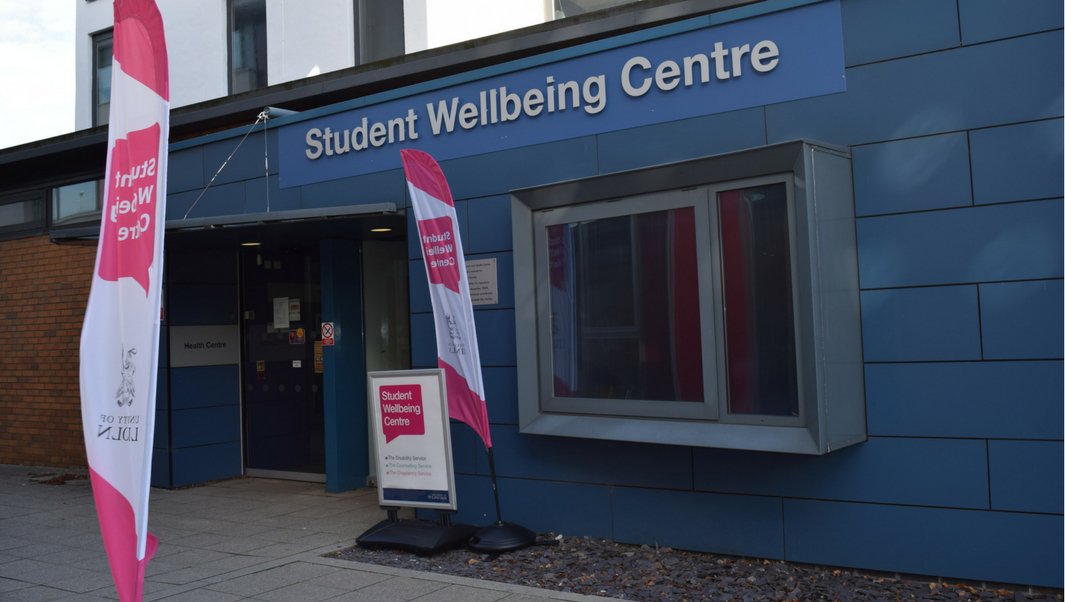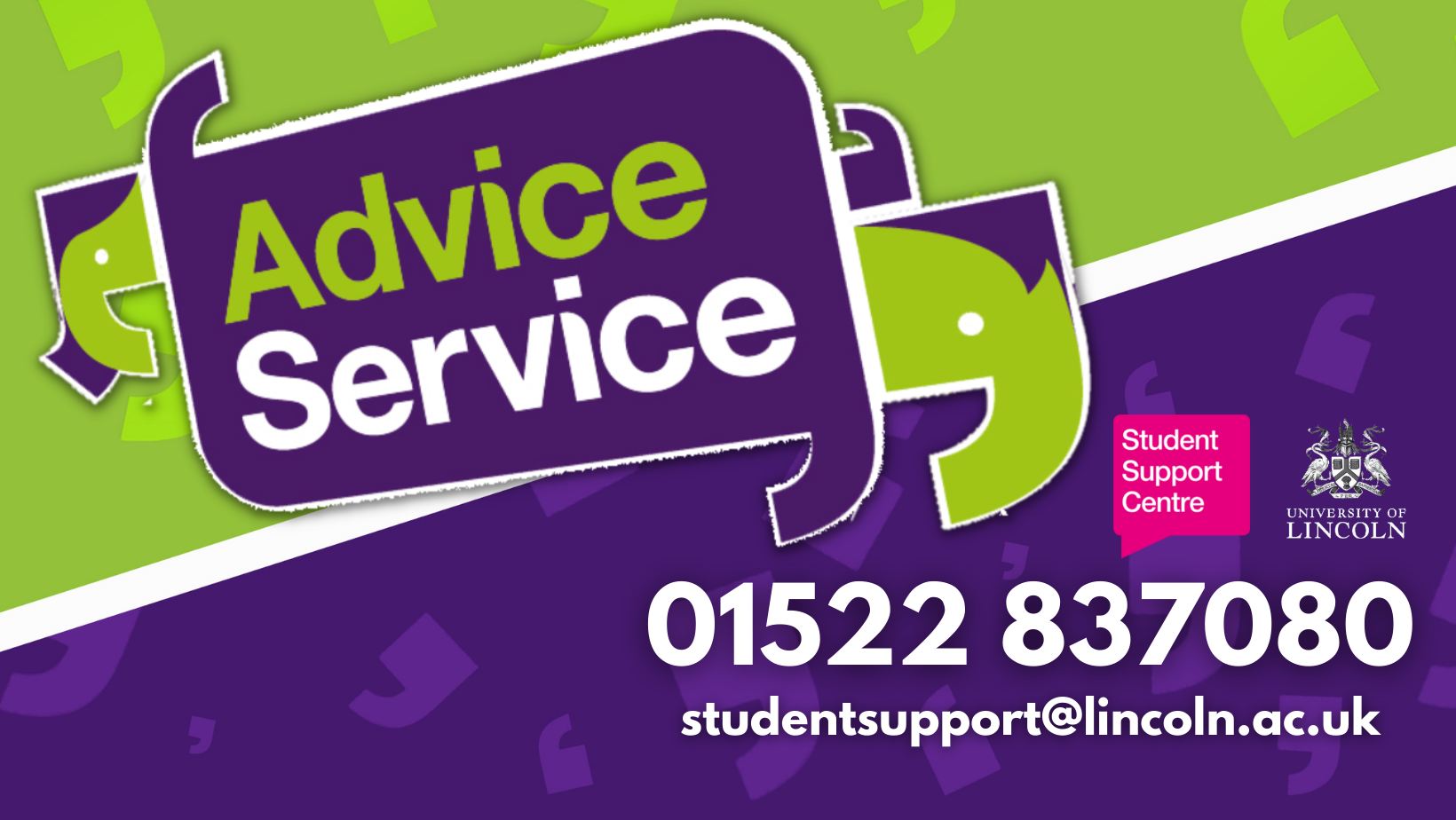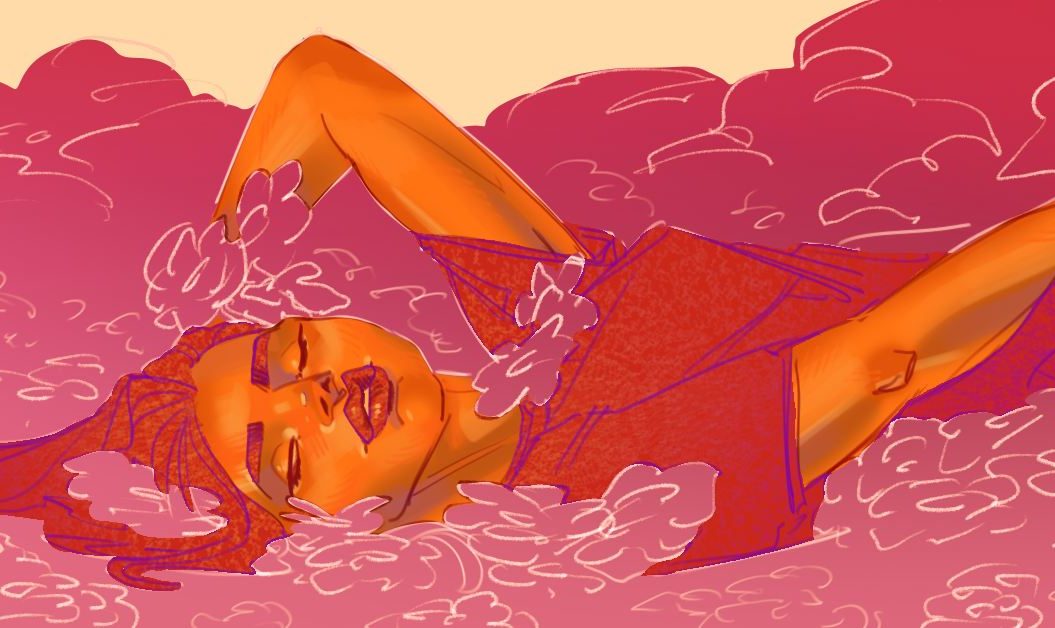Hi! I’m Abi, I'm currently studying a masters in Criminology and Criminal Justice. I like to draw animals & wildlife, play video games, and I like reading.

Disabled Students Guide To Uni Part 1: Finding Support
September 14, 2022,
read.
Starting university with a disability can be really daunting, and when your disability means that you need support with studying, you may worry that your access to that support won’t be easy to get. I wanted to write up some information about facilities available for disabled students, who to go for and how to ask for help, as when I started I had no idea!
Get into contact with student wellbeing
If you haven’t already done so, talking to student wellbeing should be one of the first things you do. Throughout my undergraduate degree they have supported me through all the issues I’ve faced, understood what was happening and even helped me get a diagnosis in my first year. Student wellbeing is between the doctors surgery and The Swan, you have to go up a flight of stairs but there is a lift for students with mobility issues.

LSP (Learning support plans) & PASS plans (Personalised Academic Study Support)
- Your plan will be tailor made to you, and it will contain the arrangements for the support that you need to succeed in your degree
- For example, if your disability means you struggle completing exams within the set time, you can get a 25% extra time allowance
- You can also get specialist equipment for your degree, help with buying a laptop that can support the specialist software you need, and recording devices for lectures
- This list isn’t exhaustive! Contact student wellbeing to find out what other support is available to you
- Find out more here
DSA (Disabled Students Allowance)
- DSA is not a financial award, but it can help to cover any financial costs related to your course
- For example, it can cover the costs of any equipment needed for your degree, or travel costs if your disability affects your mobility
- The amount you receive is based on your individual needs, and not based on your household income like a maintenance loan
- Find out more here
Counselling
- Counselling at the university is free and available to all students, both full and part time
- You can attend an initial ‘drop-in’ session to evaluate your specific needs, where you can then book your counselling sessions during the student wellbeing opening hours
- You can have up to six sessions that last 50 minutes long per academic year
- Find out more here
You can contact student wellbeing by filling out this form.
Knowing where to find help when you need it
When I first started university I had no idea how to find help, and didn’t even know who to ask. It can be really vital for disabled students to understand the support available to them at the beginning of their degree, as your first year is integral when learning how your degree works.

- Student Wellbeing: For emotional & academic support
- Student Support: For academic & financial support
- Your school: For academic support, and they can help if you have to miss any lectures or seminars
- The uni doctors (If you’re registered): For any illnesses or general GP appointments, the same as if you were seeing your doctors at home!
- The SU advice team: The SU advice team can help with extenuating circumstances, making complaints, general help and advice about academics and finances, and they can point you in the right direction if you’re unsure who to speak to



